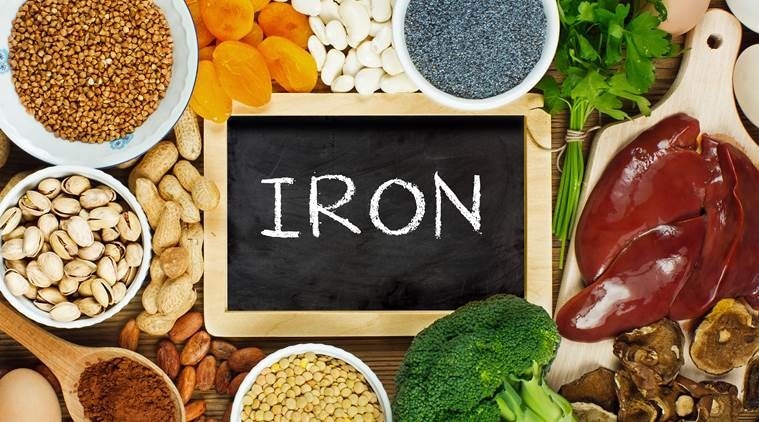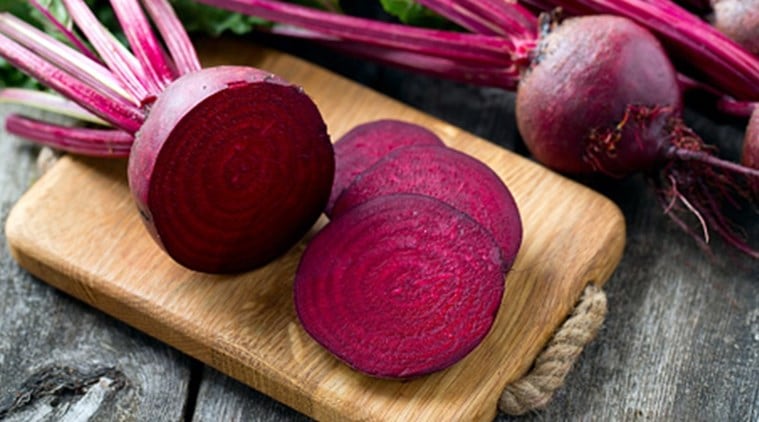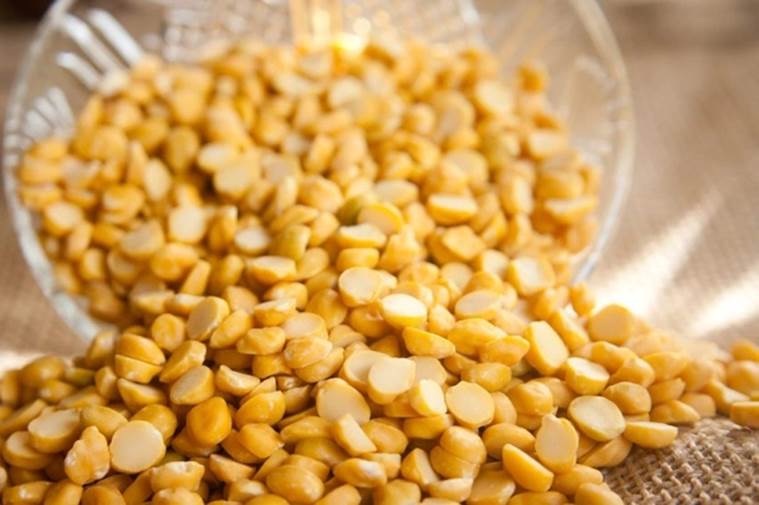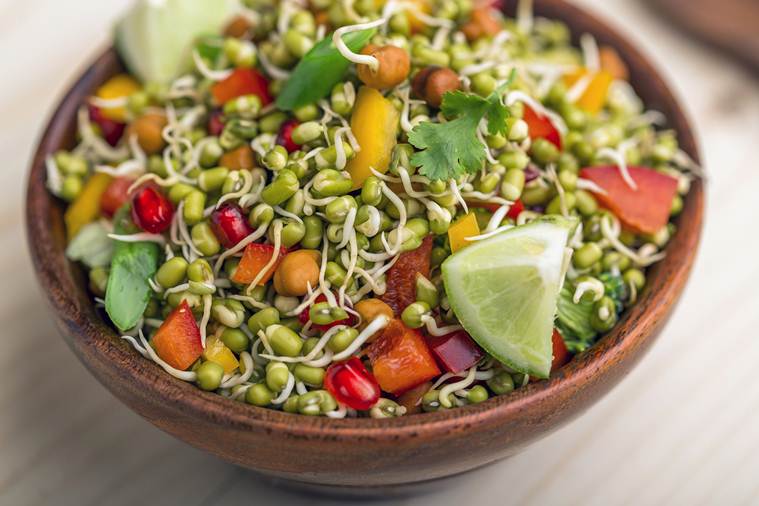Suffering from low haemoglobin? Try these foods
 f you value your health, low haemoglobin levels are a warning sign that must not be ignored. From keeping your energy levels high to keeping conditions like anaemia at bay, haemoglobin — an iron-rich protein in the red blood cells that helps carry oxygen to the various organs and tissues of the body — plays an important role. Which is why, it is essential that it is kept within the normal range. While for men, the normal range is 13.5 to 17.5 grams per deciliter, for women it is 12.0 to 15.5 grams per deciliter. So after conducting a haemoglobin test, if the results are unsatisfactory, it would be a good idea to walk back into your kitchen and count on these easily available kitchen ingredients to achieve the desired levels.
f you value your health, low haemoglobin levels are a warning sign that must not be ignored. From keeping your energy levels high to keeping conditions like anaemia at bay, haemoglobin — an iron-rich protein in the red blood cells that helps carry oxygen to the various organs and tissues of the body — plays an important role. Which is why, it is essential that it is kept within the normal range. While for men, the normal range is 13.5 to 17.5 grams per deciliter, for women it is 12.0 to 15.5 grams per deciliter. So after conducting a haemoglobin test, if the results are unsatisfactory, it would be a good idea to walk back into your kitchen and count on these easily available kitchen ingredients to achieve the desired levels.
Nutritionist Lovneet Batra shared a post on Instagram. “Your kitchen has all the answers for the cure,” she remarked.
Further, she listed some essential ingredients to boost the iron levels in the body which will help increase haemoglobin levels.
Beetroot
Loaded with iron, minerals and vitamins, beetroots help repair and reactivate red blood cells, which in turn increase the oxygen supply. Beetroot juice topped with carrots, oranges and even amla is an excellent combination to fight low haemoglobin levels.
Batra mentioned, “Beetroot is one of the best ways to increase haemoglobin levels. It is not only high in iron content, but also folic acid along with potassium and fibre. Drink beetroot juice every day to ensure a healthy blood count.”
She added that one can combine beetroots and pomegranates in a juice that can be enjoyed as a mid-morning or post-workout drink. “It will not only boost the iron but will also clear your skin and make it glow,” she said.
Lentil or dal
Lentils are known to contain a significant amount of protein, fibre, complex carbohydrates, folate and manganese as well. A cup of dal is recommended for essential iron intake in the body. “You can have dal for lunch and dinner as per preference everyday with a side salad of beets,” Batra mentioned.
Pomegranate
As a rich source of vitamin C, iron, fibre and potassium, pomegranates contain ascorbic acid which helps regulate the blood count. The haemoglobin levels rise up when they are added to one’s daily diet.
Sprouts
Folic acid deficiency is known to lead to low haemoglobin levels. Consuming green leafy vegetables, sprouts, dried beans, peanuts, bananas, broccoli are ways to boost the blood count.
Dates
Dates are known to contain high quantities of iron. However, diabetics should avoid consuming too much as they are known to contain high sugar content.

 Stack up on beetroot to increase your blood count. (Photo: Getty Images)
Stack up on beetroot to increase your blood count. (Photo: Getty Images) Have a cup of dal regularly. (Source: Pixabay)
Have a cup of dal regularly. (Source: Pixabay) Sprouts adds protein and iron to your diet. (Photo: Getty/Thinkstock Images)
Sprouts adds protein and iron to your diet. (Photo: Getty/Thinkstock Images)

No comments